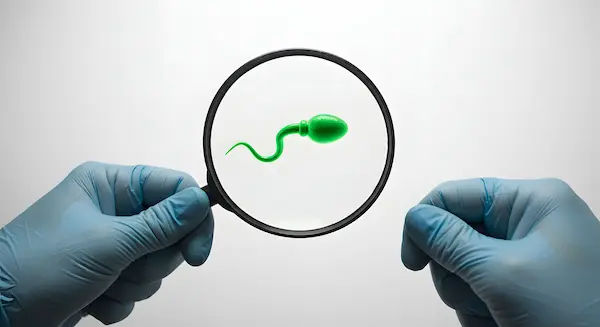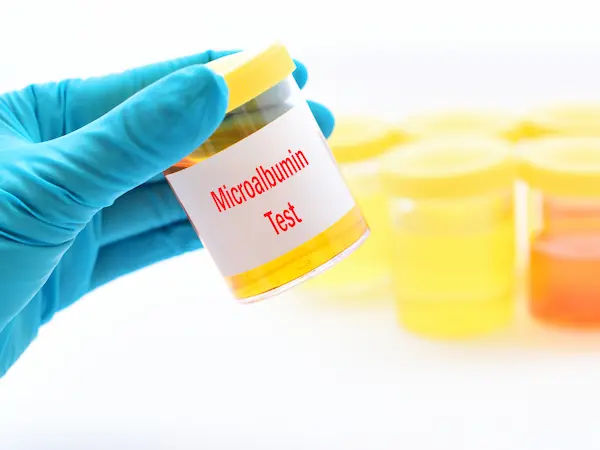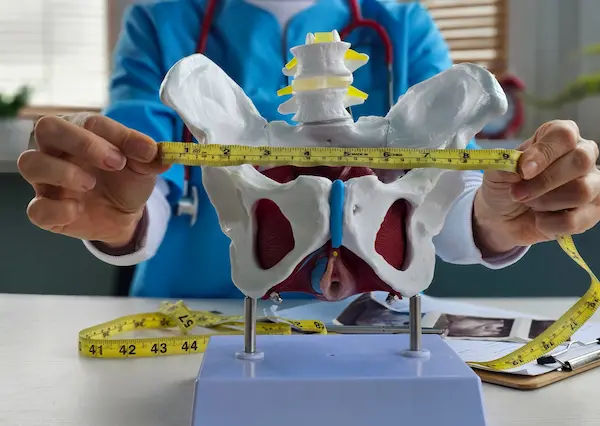- male
- 45 Years
- 29/01/2025
I'm a bit concerned after a recent ultrasound showed multiple echogenic foci in my right kidney and a small single echogenic foci in my left kidney, ranging from about 3mm to 6mm in size. Does this mean I might have kidney stones, or could it be something else?
Answered by 1 Apollo Doctors
Changes in Menstrual Cycle After D&C
Normal Variations
- Temporary changes: Menstrual cycles can be affected after a D&C, leading to changes in flow, duration, or frequency.
- Hormonal adjustments: The procedure can cause hormonal fluctuations, which may influence menstrual cycles.
Possible Causes of Reduced Flow
- Uterine scarring: D&C can cause scarring in the uterine lining, leading to reduced menstrual flow.
- Hormonal imbalance: Changes in hormone levels after D&C can affect menstrual flow.
- Asherman's syndrome: A rare condition where scar tissue forms in the uterus, leading to reduced or absent menstrual flow.
When to Consult a Doctor
- Persistent changes: If your menstrual cycle doesn't return to normal after 2-3 cycles.
- Severe pain or heavy bleeding: If you experience severe pain or heavy bleeding during your period.
- Difficulty conceiving: If you're trying to conceive and experiencing difficulties.
Recommendations
- Wait for 2-3 cycles: Allow your body to adjust and your menstrual cycle to regulate.
- Consult your gynecologist: Discuss your concerns with your gynecologist to rule out any underlying conditions.
- Get a check-up: Schedule a check-up to ensure your reproductive health is normal.
Dr. Ibrahim Suggests...
Consult a Urologist
Answered 04/07/2025
0
0

More Urology Health Queries
View allmy doctor diagnosed me with grade 1 varicocele and said it's not serious, just prescribed some kids' meds and mentioned sperm count is fine. but i really want to treat this without surgery are there natural ways to fix it? how long would it take to heal completely?
kindly share report
Answered by 1 Apollo Doctors
I've been having some problems and I'm really worried. I can't feel any pleasure from my penis. It's like my foreskin doesn't even register touch, and instead of feeling good, my glans hurts when I touch it. Plus, when I rub it, I get this weird nerve twitch in my groin. Does this mean I could have neuropathy? There's no pleasure with or without lube, and even though I can ejaculate after some time, I've never experienced an orgasm. Can you help me figure out what's going on?
I'm sorry you're experiencing this discomfort. It sounds like you may be dealing with a combination of nerve sensitivity or damage, possibly related to neuropathy or another underlying issue. I recommend seeing a urologist or a neurologist to properly evaluate your symptoms and determine the best course of treatment.
Answered by 1 Apollo Doctors
I'm 26 and my wife is 24. We recently got married and when we tried to have intercourse, I couldn't enter her properly. It feels like my penis bends and slips out, and her vagina seems really tight. Is this an issue with me, or is there something else going on? What should we do?
Its common for newlyweds to face such challenges, often due to anxiety or unfamiliarity. A tight vagina can be due to stress or insufficient arousal. Focus on relaxation, extended foreplay, and communication to help ease the process. If the issue persists, consider consulting a gynecologist or a counselor for guidance.
Answered by 1 Apollo Doctors
Disclaimer: Answers on Apollo 247 are not intended to replace your doctor advice. Always seek help of a professional doctor in case of an medical emergency or ailment.




